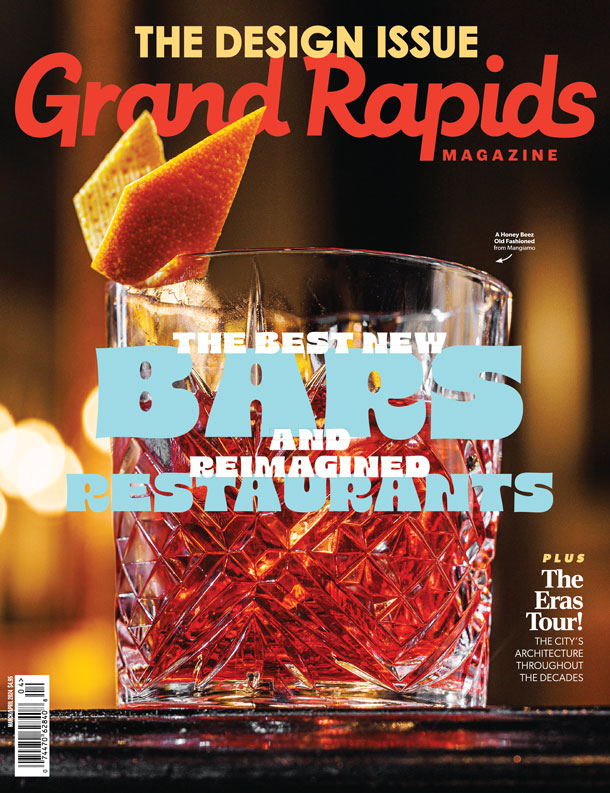Dental health is a very important topic, one that I believe isn’t spoken about often enough.
My little Elly Bean, a 4-lb, 13-year-old longhaired chihuahua needed a dental cleaning. This would be her last dental cleaning as she was a senior dog. I was sure to order ALL the tests that would help to ensure that she tolerated anesthesia well and recovered quickly. We did blood work and a chest x-ray. She had slight heart murmur but the doctor didn’t feel that it posed a threat. On the day of her surgery, they gave her an IV to help her kidneys function better for surgery. It would help flush out any current toxins as well and flush out anesthesia after procedure. When they gave her the IV, they theorize that the flush of the fluid broke a blood clot loose from her heart. It went to brain and she stroked. I never saw her alive again.
I don’t mean to be dramatic. My intent is to drive home how important dental health is for our pets. As we all know, hindsight is 20/20. I know I could’ve done better by her and she has lit my passion in helping other pet parents care for their pets’ teeth regularly, at home so they don’t have to go through what I did.
Broken teeth can cause terrible pain and infections. Plaque and tartar build up can also cause inflamed and infected gums. This bacteria can get into the blood stream and cause heart problems such as endocarditis and cause pets to have an increased risk of congestive heart failure. The pain in the mouth can cause discomfort while eating, resulting in weight loss, lethargy, etc.
What NOT to do?
Don’t do nothing. Sometimes we feel lost or overwhelmed and don’t know what is right so we just do nothing. Often times people rely on the idea that wild canines don’t have tooth brushes so why would I need to brush my dog’s teeth? Wild canines chew on a lot of bones and eat whole fresh foods as opposed to a highly processed, carbohydrate (sugar) filled diet.
Don’t rely on kibble/dry dog food for your dog’s dental care. A myth in pet health care is that our pet’s dry, hard food is great for scraping off plaque and tartar when in reality it is like us eating potato chips for dental health. Kibble is FULL of carbohydrates which actually promote the build of of plaque and tartar.
Don’t give really hard chews. Most vets will recommend that your dog not chew on anything that you can’t dent with your fingernail. That means that a lot of hard chews are ruled out. This is something you will have to decide based on your own comfort level. Just like people, different dogs have different dental integrity. There are people who can open a beverage bottle with their teeth and seem to be fine and the next person breaks a tooth on a popcorn kernel. Dogs are the same. It’s based on genetics and diet. Some dogs can tolerate harder chews and others cannot.
What SHOULD you do?
Brush their teeth! In a perfect world, we would brush our pet’s teeth twice a day just like we do. Why? Because a dog who eats dry food or canned foods will build up plaque and tartar daily. DO use a toothpaste or gel designed for pets. Do we live in a perfect world? No. So if you could brush your pets teeth a few times a week, that is great! I’ll give you a few more suggestions that you can add to your pet’s dental routine so that the missed brushing isn’t as noticeable.
Feed a raw diet or gently cooked diet. Feeding a BALANCED whole, fresh food diet eliminates most of those carbohydrates that build up on your pet’s teeth. Eliminating a major source of the problem is a huge step in dental health. Please don’t do this on a whim. Consult a professional who supports raw feeding for guidance.
Feed raw bones. Why don’t wolves use toothbrushes? Because they chew on bones. Remember how I said not to feed hard chews? Stay away from weight bearing bones such as femurs. Also stay away from any bone that is shelf stable. Your bones should be purchases from a refrigerator case or freezer. Shelf stable bones have been cooked and/or dried causing them to become brittle. The dog can no longer digest it like fresh bones and cooked bones can splinter and cause harm, unlike raw bones. I suggest neck bones of poultry. Chicken, duck and turkey necks are a great option. Bird bones are hollow and very easily chewed up and digested AND they make the best, natural toothbrushes that your pets will love (cats too).
Use dental food toppers, water additives and/or dental treats. There are many options available for these products. These products typically have enzymes in them that help remove dental build up as well as freshen breath in the mouth and sometime in the gut. Bad breath can come from the gut if the microbiome is not balanced. You can help that with probiotics as well.
And finally, get in there! Get your pet used to you being in their mouth. Look around. Run your finger around their teeth and gums. They should be pink and healthy and bad breath is not normal. If your pet has bad breath, that means there are unwelcome bacteria in there and it should be addressed. (Except if your pet just ate something gross, as they sometimes do).
My hope for you and your pet is that if you do these things, you will not only NOT have to have dental cleanings at the vet, but your pets’ teeth will remain healthy throughout the lives.

Tonya Christiansen owns Must Love Dogs at 106 Washington Ave in Downtown Grand Haven. She is a Certified Pet Food Nutrition Specialist further certified in raw feeding with over 30 years in the pet industry. This article is not intended to treat or diagnose your pet.
Please see your veterinarian if your pet is having dental issues.








Facebook Comments